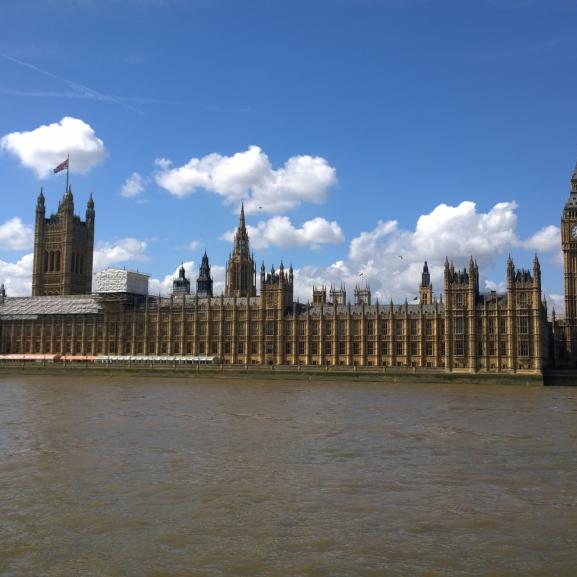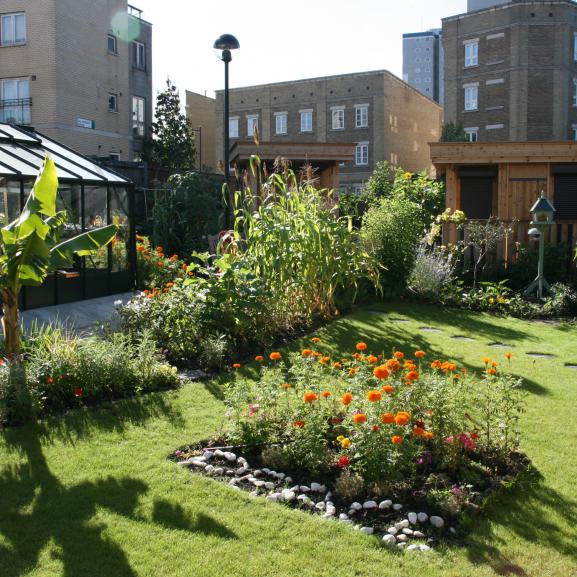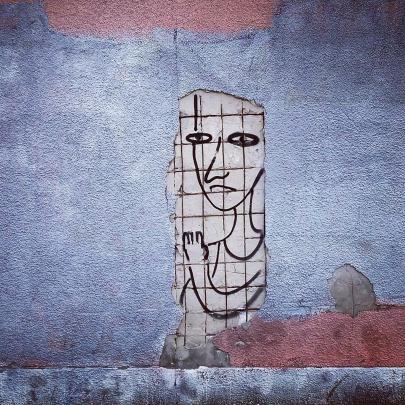The long arm of the state: attacks on journalists and the recent erosions of free speech around the world.
According to Reporters Without Borders (Reporters sans frontieres, RSF), 2006 was the bloodiest year on record for journalists, with more than 150 murders and unexplained deaths of reporters and media workers.
Iraq is once again the deadliest hotspot - accounting for nearly half of those killed last year, most of them local journalists. But an alarming number of journalists were also killed in non-conflict areas.
The top 10 worst countries for press freedom, according to the US-based media watchdog, the Committee to Protect Journalists, are Ethiopia, Gambia, Russia, Democratic Republic of Congo, Cuba, Pakistan, Egypt, Azerbaijan, Morocco and Thailand.
The committee assessed countries by looking at government censorship, legal harassment, libel prosecutions, journalist deaths, physical attacks on the press, journalist imprisonments, and threats against the press.
Recent attacks on journalists and erosions of free speech have included:
- Russia: Russian journalist Anna Politkovskaya, an investigative journalist for the independent Moscow paper "Novaya Gazeta", was murdered outside of her home in Moscow in October 2006, the 13th contract-style killing of a journalist in Russia since 2000. Politkovskaya often experienced the wrath of authorities for reporting on human rights abuses by the Russian military in Chechnya.
- Russia: The FSB security service, successors to the KGB, banned a visit by UK-based Chechen expert Thomas de Waal, co-author of Chechnya: A Small Victorious War. He was prevented from going to Moscow on the eve of the G8 summit in St Petersburg "in the interests of state security".
- Russia: A journalist was sacked from the state-controlled broadcasting media after giving an interview to an independent radio station describing police brutality at an anti-Kremlin opposition march. She had earlier been told by her own employer not to report on the event.
- Iraq: Since the start of the war, 100 journalists have been killed in Iraq, 80 percent of them Iraqis, according to figures compiled by the Committee to Protect Journalists. At least 37 media support staffers such as drivers also have been killed. Recent deaths have included an Iraqi radio journalist and her husband who were killed last month and their corpses burnt in Mosul. Gunmen shot dead Iman Yussef Abdallah, who worked for the radio outlet of the Mosul workers union, and her husband. Their bodies were later set alight in their vehicle. On April 5, Baghdad police found the bullet-ridden body of Khamael Muhsin, a famous radio and TV presenter, while days later gunmen seriously wounded another one of Iraq's best known radio and television journalists, Amal al-Moudares, whose work included the daily program "Studio 10,'' which allows Iraqis to complain about the many problems they now face with city services such as electricity and sewage.
- Gaza: Israel and the Occupied Territories: The BBC's Alan Johnson, the only Western journalist working full-time in the Gaza Strip, was abducted at gun point on March 12 2007 and has not been heard of since.
- Algeria: Journalists have been banned from investigating claims that the government is seeking a deal with the army ahead of constitutional reform. Anyone found to have written anything "insulting" to the president or state institutions is threatened with jail.
- Jordan: Security agents seized video tape of interview conducted by Al-Jazeera with former crown prince Hassan bin Talal, in which he criticises US and Saudi Arabian policies in the Middle East.
- Syria: Ten human rights activists were arrested in clampdown, and internet blogger Sayed al-Shilhabi held after posting articles on the political website Hiwar al-Mutamedn ("Civilised Dialogue'). Amnesty International says Syria has a history of persecuting bloggers.
- Bahrain: A parliamentary investigation was instigated after a cultural festival showed a film featuring "simulated sex scenes" in which actors in tight clothes were seen embracing.
- Afghanistan: Ajmal Nashqbandi, a freelance journalist and translator, who was kidnapped along with Daniele Mastrogiacomo, of the Italian daily La Repubblica, and a driver, in southern Helmand province in March was killed by the Taliban several weeks later. The driver was also beheaded. Mastrogiacomo was released March 19 in a much criticised swap for five Taliban militants.
- Iran: Broadcasting is tightly controlled by a strict state monopoly. The press must actively propagate Islamic law and ethics with offenders liable to imprisonment and torture.
- Malaysia: The authorities ban almost 50 books mostly concerning religious fundamentalism on the grounds that they could "disrupt peace and harmony".
- China: A civil rights activist is sentenced to four years imprisonment for attempting to expose state corruption. Chen Guangcheng and his family were kept under house arrest and he was allegedly tortured in the run up to his trial.
- China: A bill is mooted that would require journalists to obtain government approval before issuing any news of major disasters. The Law on Response to Contingencies proposes that any journalists who publish misleading reports could be fined up to GBP7,000.
- Sri Lanka: On 29 April 2007, a young crime reporter for the daily Tamil paper "Uthayan", Selvarajah Rajivarman, was gunned down on his bicycle near his newspaper's office in Jaffna. The Free Media Movement (FMM) said that six media workers, including journalists, have been killed in Jaffna over the past year.
- Cambodia: The body of newspaper editor Pov Sam Ath, founder editor of "Samleng Khmer Krom", discovered in a suitcase in April in the south of the country. A post mortem showed that he had been strangled with his bicycle's brake cables. The paper he founded focused on local news.
- Thailand: Artists launched a campaign calling for a new censorship ratings system after the censorship board ruled that several "sensitive" scenes involving monks and doctors should be cut from a new film.
- Philippines: Carmelo Palacios, crime reporter for a government-run radio station was found dead in April with gunshot wounds on his chin and heavy bruising on his body. Palacios headed a local anti-crime group and had done a series of hard-hitting reports on the alleged misuse of funds by a congressman. The following day, a correspondent for a leading daily newspaper was shot and wounded by two unidentified assailants. Delfin Mallari, a provincial correspondent for the Manila-based broadsheet "Philippine Daily Inquirer" ("PDI"), also the host of a local radio programme and editor of the local paper "Ang Dyaryo Natin", and co-host Johnny Glorioso of the ABS-CBN network, were ambushed by two gunmen. Glorioso was not hurt in the shooting. Mallari was stable after a bullet was removed from his body.
- Angola: Despite improvements in the new Press Law, licences for private broadcasting are still subject to approval by the government rather than independent bodies, newspaper distribution is hindered by high taxation and transportation costs, and excessive penalties remain in place for "criminal conduct" by media professionals.
- Cameroon:The government confiscated media equipment from television and radio journalists to prevent them broadcasting reports on opposition parties, despite the abolition of censorship in 1996.
- Zimbabwe: The badly beaten remains of Edward Chikomba, the Zimbabwean photographer were discovered in April after he had kidnapped from his home. It is believed he was killed because of links with the opposition group the Movement for Democratic Change.
- Maldives: Journalists opposed to president Maumoon Gayoom face strict curfews and are among groups of protesters recently beaten and arrested on charges of terrorism.
- Mexico: Some 17 journalists have been killed in the past five years for reporting on wars between rival drug cabals.






